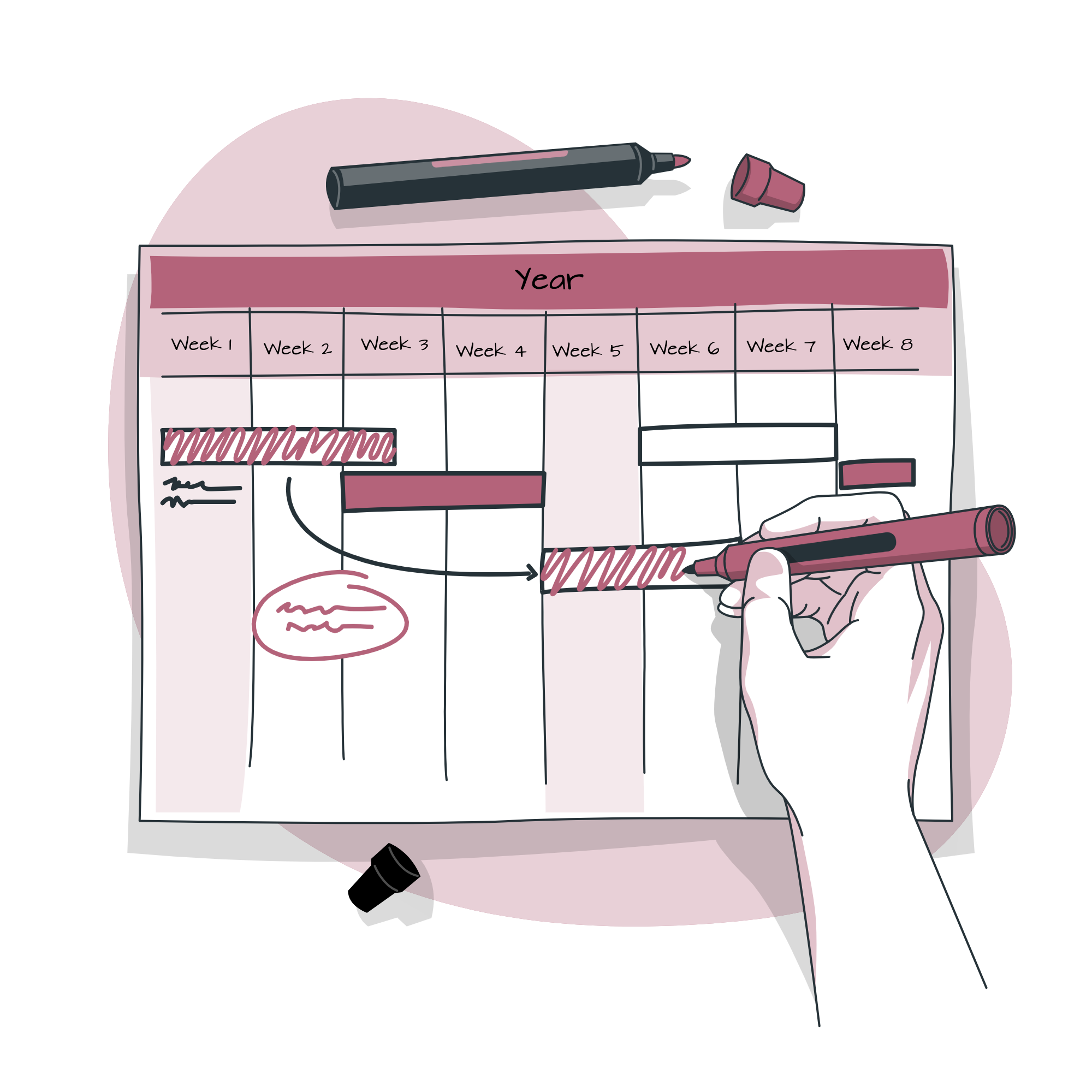Knowledge workers are constantly under pressure to update their skills. With new technologies and trends emerging all the time, it can be difficult to keep up. But it’s important to remember that learning new skills is essential for career success.
The first question that most people have is How do I know what skills should I update?, followed by How do I update those skills?.
I would suggest creating a Personal Learning Curriculum. It is a good method to approach learning that is customized to your individual needs and goals.
What is a personal learning curriculum?
A personal learning curriculum is a plan that outlines the skills you want to learn in order to achieve your career goals. It is important because it helps you stay focused and on track, and it ensures that you are learning the skills that are most relevant to your career.

How to create one?
- Identify specific or key skills you want to learn.
- Think about your career goals and the skills that are required for the roles you’re interested in. You can also look at job postings and industry trends to get an idea of what skills are in demand.
- Find out what that role requires. Do you need to know SQL or be creative?
- Figure out which of these skills can be learned as part of your current work and which skills require you to learn outside work.
- There are many ways to find opportunities for at-work learning, such as shadowing experienced colleagues, taking on new challenges, and volunteering for projects.
- For outside-work learning, there are lots of sources on the Internet. You could find almost anything on YouTube or join any MOOC courses.
- The key point is to identify and learn skills that are required for the roles you’re interested in.
- Set aside time to learn and progress on your skills.
- There are many different ways to learn; find a method that works best for you. Some people prefer to learn by reading, while others prefer to learn by watching videos or doing hands-on projects.
- Try your hand at any projects that use that skill. You could create a small contacts database to put your new SQL skills to use or create a small website. Doing a lot of side-projects help a lot in understanding how things work and improve your knowledge.
- Track your progress.
- As you learn, reflect on your progress and make adjustments to your learning plan as needed.
- Remember, even small amounts of progress are better than no progress at all. If you want, find an accountability partner to keep you on track.
How do I use it?
This framework has helped me a lot especially when I started working on the content engineering side of our docs platform at work. I needed to learn how a couple of Mediawiki extensions work, a variant of SQL, and also figure out a best possible way to structure data for reuse.
Recently, I’m adapting it to build my leadership skills as a new manager. And it looks like this:
- Read books on being a new manager.
- I’m about to start The Making of a Manager by Julie Zhou.
- I recently finished How to Work with (Almost) Anyone by Michael Bungay Steiner. It helped in learning how to build better relationships.
- Read articles on leading & managing on HBR, Forbes or FastCompany websites.
- The online editions have some good articles for new managers.
- Take some short topical courses on managing on Udemy and LinkedIn.
- Discuss with peers and mentors about their experiences.
The core idea is to build your own learning strategy that is uniquely suited to you and your aspirations.
What skill or knowledge are you most excited to include in your Personal Learning Curriculum to advance your career?
The original version of this post appeared in my Knapsack newsletter.
Illustrations from Storyset